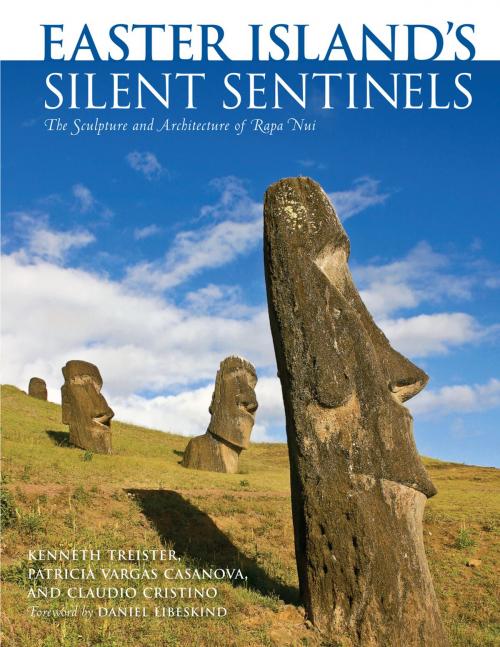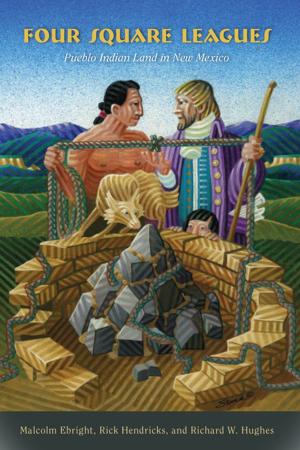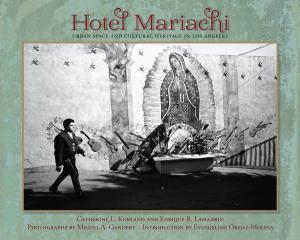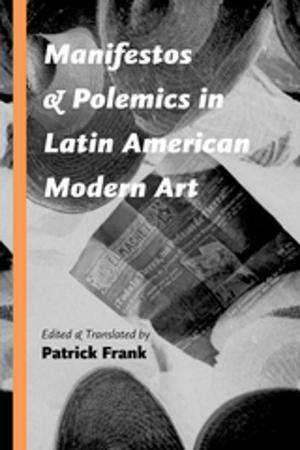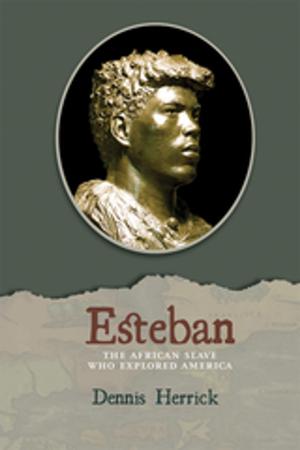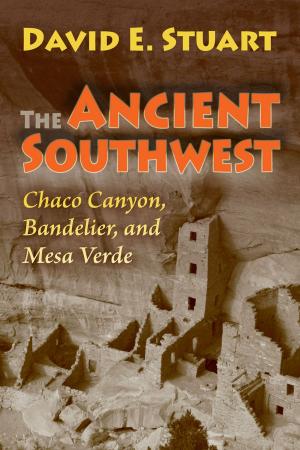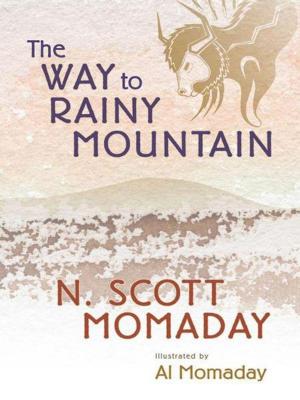Easter Island's Silent Sentinels
The Sculpture and Architecture of Rapa Nui
Nonfiction, Art & Architecture, Architecture, History, Social & Cultural Studies, Social Science, Archaeology, Anthropology| Author: | Kenneth Treister, Patricia Vargas Casanova, Claudio Cristino | ISBN: | 9780826352668 |
| Publisher: | University of New Mexico Press | Publication: | November 15, 2013 |
| Imprint: | University of New Mexico Press | Language: | English |
| Author: | Kenneth Treister, Patricia Vargas Casanova, Claudio Cristino |
| ISBN: | 9780826352668 |
| Publisher: | University of New Mexico Press |
| Publication: | November 15, 2013 |
| Imprint: | University of New Mexico Press |
| Language: | English |
It may be the most interesting and yet loneliest spot on earth: a volcanic rock surrounded by a million square miles of ocean, named for the day Dutch explorers discovered it, Easter Sunday, April 5, 1722. Here people created a complex society, sophisticated astronomy, exquisite wood sculpture, monumental stone architecture, roads, and a puzzling ideographic script. And then they went about sculpting amazing, giant human figures in stone.
This richly illustrated book of the history, culture, and art of Easter Island is the first to examine in detail the island’s vernacular architecture, often overshadowed by its giant stone statues. It shows the conjecturally reconstructed prehistoric pole houses; the ahu, the sculptures’ platform, as a spectacular expression of prehistoric megalithic architecture; and the Easter Island Statue Project’s inventory of the colossal moai sculptures.
This publication is made possible in part by a generous contribution from Furthermore: a program of the J. M. Kaplan Fund.
It may be the most interesting and yet loneliest spot on earth: a volcanic rock surrounded by a million square miles of ocean, named for the day Dutch explorers discovered it, Easter Sunday, April 5, 1722. Here people created a complex society, sophisticated astronomy, exquisite wood sculpture, monumental stone architecture, roads, and a puzzling ideographic script. And then they went about sculpting amazing, giant human figures in stone.
This richly illustrated book of the history, culture, and art of Easter Island is the first to examine in detail the island’s vernacular architecture, often overshadowed by its giant stone statues. It shows the conjecturally reconstructed prehistoric pole houses; the ahu, the sculptures’ platform, as a spectacular expression of prehistoric megalithic architecture; and the Easter Island Statue Project’s inventory of the colossal moai sculptures.
This publication is made possible in part by a generous contribution from Furthermore: a program of the J. M. Kaplan Fund.
